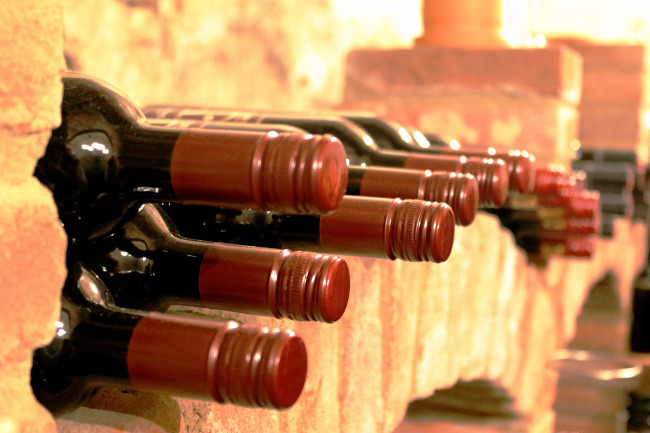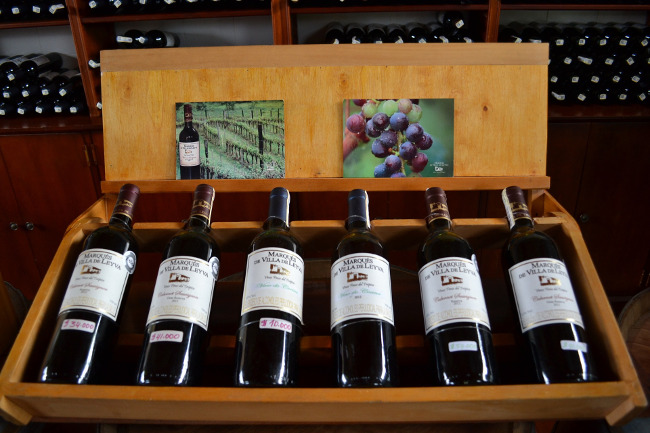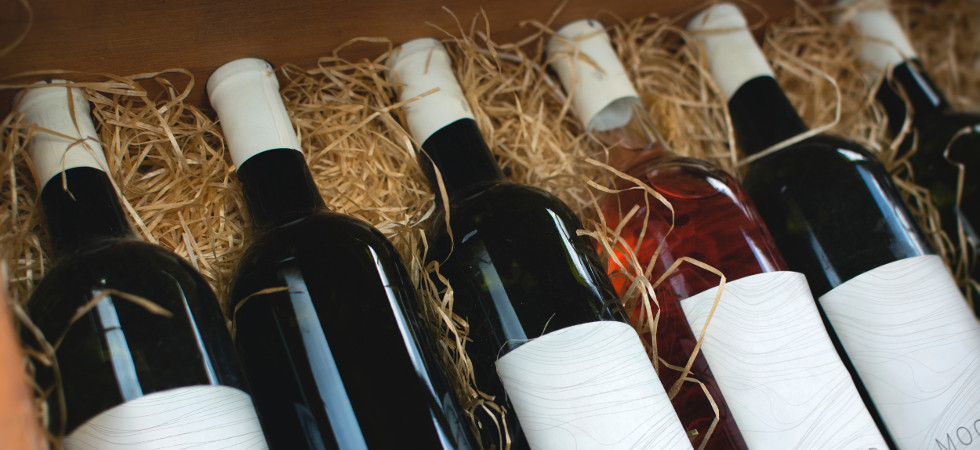Daniel Eros Carnio, the founder and director of Oenofuture, looks at the best ways to store fine wine.
Opening one of your treasured bottles of expensive fine wine and discovering that the contents have turned to vinegar can be one of the most disappointing experiences in the life of a wine connoisseur. So how can you keep these unpleasant occurences to a minimum? The answer lies in what you do with your wine after you’ve made your purchase.
If you’re considering investing in wine or simply want to build up a cellar for your own personal use, the very first thing you need to consider is how you are going to store all those precious bottles. Unlike other commodities, wine needs special attention to keep the contents of the bottles in perfect condition. Temperature, humidity, light, and even vibrations can all affect your wine, so it is crucial to store your bottles in an environment where you can control all of these factors.

Perfect storage conditions
Let’s start by discussing the perfect conditions for storing your fine wine collection. Temperature is probably the most important factor as if the wine gets too hot or too cold it can be ruined instantly. Between 11-14° C is usually given as the ideal temperature to store wine, although it is important that the temperature does not fluctuate. Another factor you need to consider is light as this can also damage the wine, while storing wine in an environment that is too dry can cause the corks to dry out and break the seal. This is why wines are traditionally stored in cool, damp and dark cellars where they can be safely left to mature for decades.
Building your home cellar
For those who enjoy doing things themselves, storing your wine at home enables you to have complete control over your bottles and easy access to them when you feel inclined to open a special bottle or two. Building your own cellar is a fun and rewarding task and there are also numerous specialist companies in the U.K. who can give you a helping hand if you’d rather not do all the hard work yourself.
An easier and less messy option is to invest in a wine storage cooler which automatically regulates the temperature and humidity. These come in a range of different sizes to accommodate everything from a dozen to several hundred bottles and do not require any installation.
If you do decide to store your fine wine at home, you might also want to consider your security arrangements and who has access to the key!
In bond
For those who don’t have a burning desire to build a home cellar, buying wine in bond means you don’t need to get involved in the storage at all. Commonly done for wines bought for investment purposes or bought en primeur before release, wines that are sold in bond have not yet had the duty and VAT paid. Instead of having these wines shipped to you, wines that are sold in bond must be stored in certain authorised warehouses where they are kept in optimum conditions.
This arrangement is the best option if you intend to invest in fine wine as you can guarantee the wines have been perfectly stored, making them more attractive to potential buyers when you do finally sell.

The professionals
Another option is to use a third-party wine storage specialist to take care of your collection. There are a wide selection of companies across the U.K. who will store your wines for a small yearly fee per case with discounts typically available if you choose to store more than one case. Often if you purchase wine through a particular company you will be given the option to store the wines in their warehouse, while with other companies you can transfer in wines bought elsewhere. Normally these companies only accept whole cases of a single wine rather than mixed cases, so if you prefer to build up a collection bottle by bottle it’s worth checking the terms and conditions before you commit.
Of course, there are clear advantages to each storage method and what works best for you will depend on what you plan to do with your wines. For those who are primarily interested in fine wine investment, in bond is the recommended way to go. If you prefer to have your wines closer to hand so you can enjoy a bottle or two when you feel like it, making your own arrangements at home will probably suit you better.
Or if that all sounds like too much hassle, you can always leave it to the experts and engage a fine wine investment company to select and manage your wines for you, leaving you free to get on with your busy life safe in the knowledge your investment is in safe hands.






















